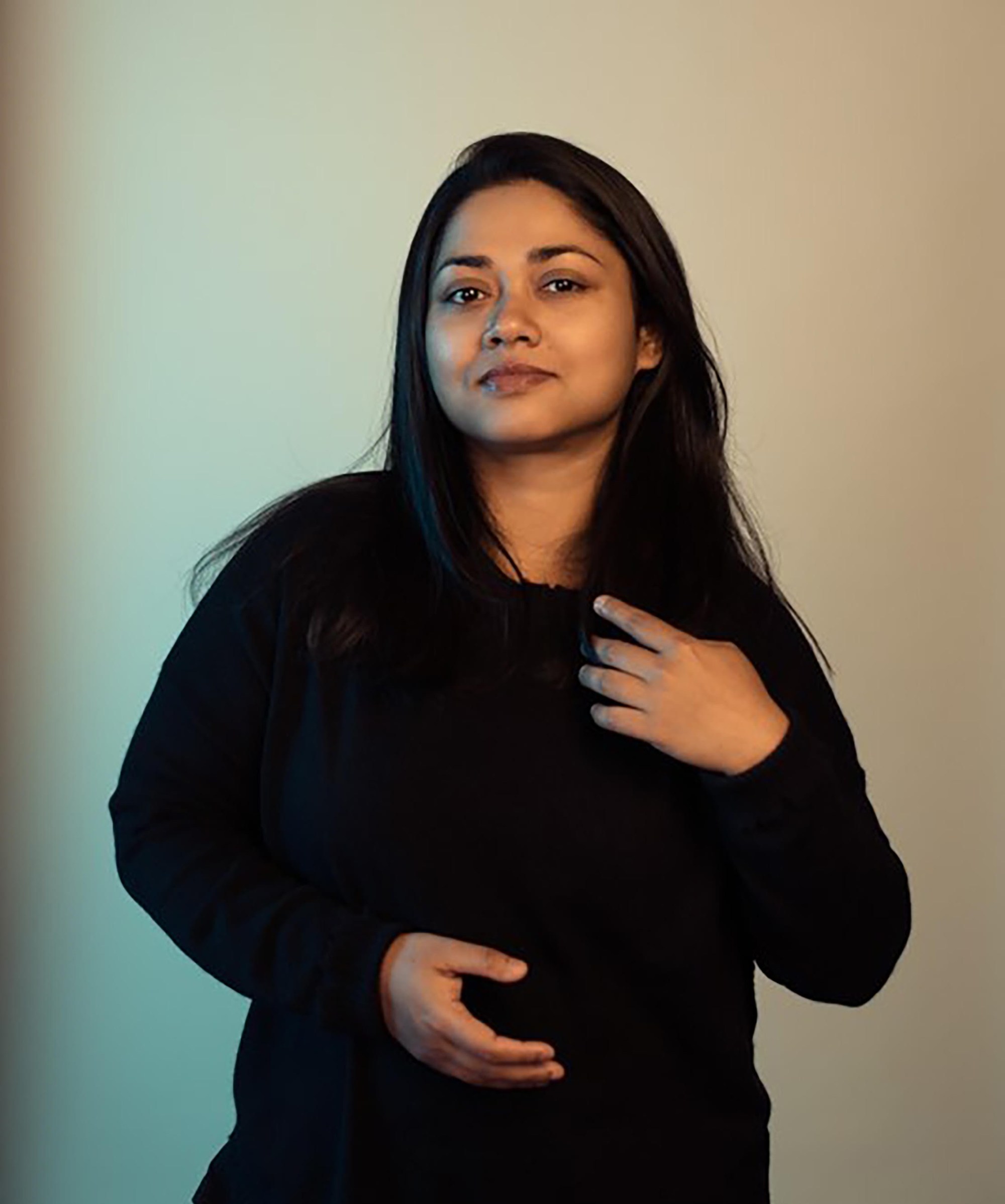
- Interviews
HFPA in Conversation: Rubaiyat Hossain Brings Real-Life Issues to the Screen
Bangladeshi filmmaker Rubaiyat Hossain wants to raise awareness to social realism. Her movie Made in Bangladesh tells how Shimu’s (Rikita Nandini Shimu) battles against corporation, capitalism, and patriarchy. Hossain tells HFPA journalist Greet Ramaekers that clothing manufacturing has been a double-edged sword for women in Dhaka.
“The situation is improving for women in Bangladesh. On one hand, it had really empowered these women. It has saved them from child marriage. It has saved them from domestic violence. It has given them a voice but at the same time it’s been a job where they had lost their lives, where they had to work really hard and still have to keep fighting.”
The factory workers are the heart of her movie. She spent almost two years researching the work conditions and their lives.
“I started with reading the reports and watching documentaries that were made about these women. The second phase was to meet the actual workers and I had to be discreet. I had to be discreet about how I dressed. I would actually wear a burka which would cover me completely because one of the main things that came up in the early days of the research was the class difference. If the workers kind of feel that I’m very different from them they probably won’t open up to me or talk to me. I met them at their homes where we could actually really sit down and talk.”
During the last decade work in factories improved, but Hossain thinks there is still a long way to go.
“The factories became unionized but now we have the issue of migrant workers there. Cheap laborers are being trafficked across the globe and you have women working in foreign countries that don’t speak the language and they don’t really have legal rights to unionize.”
Listen to the podcast and hear where she got the inspiration for her third movie, Made in Bangladesh

